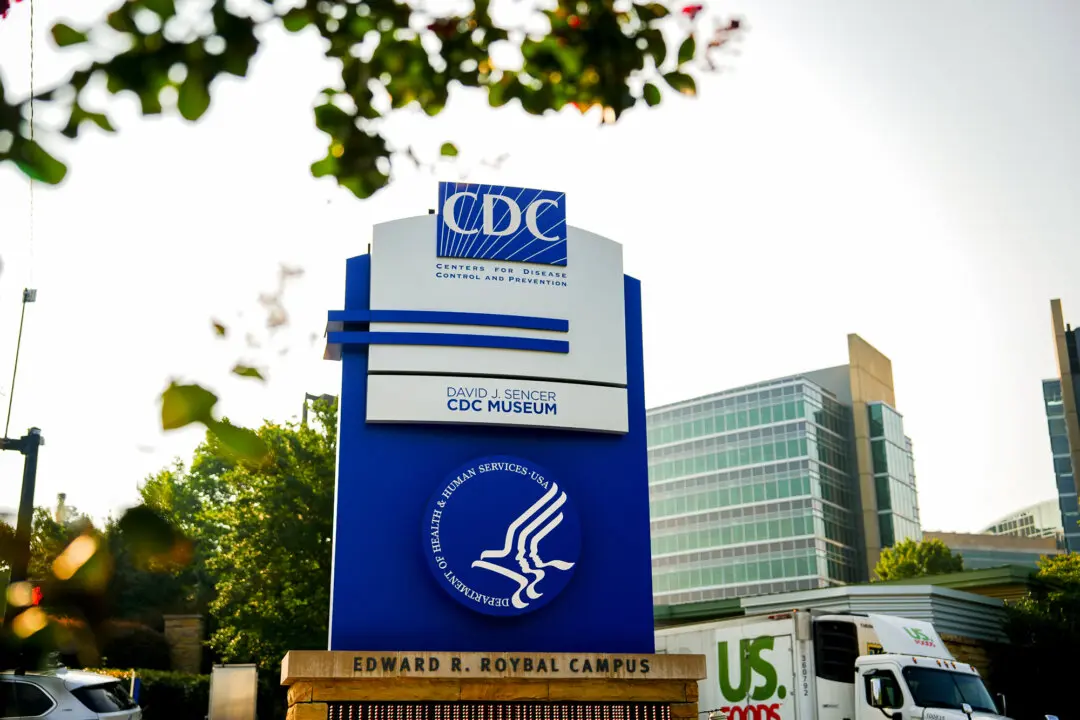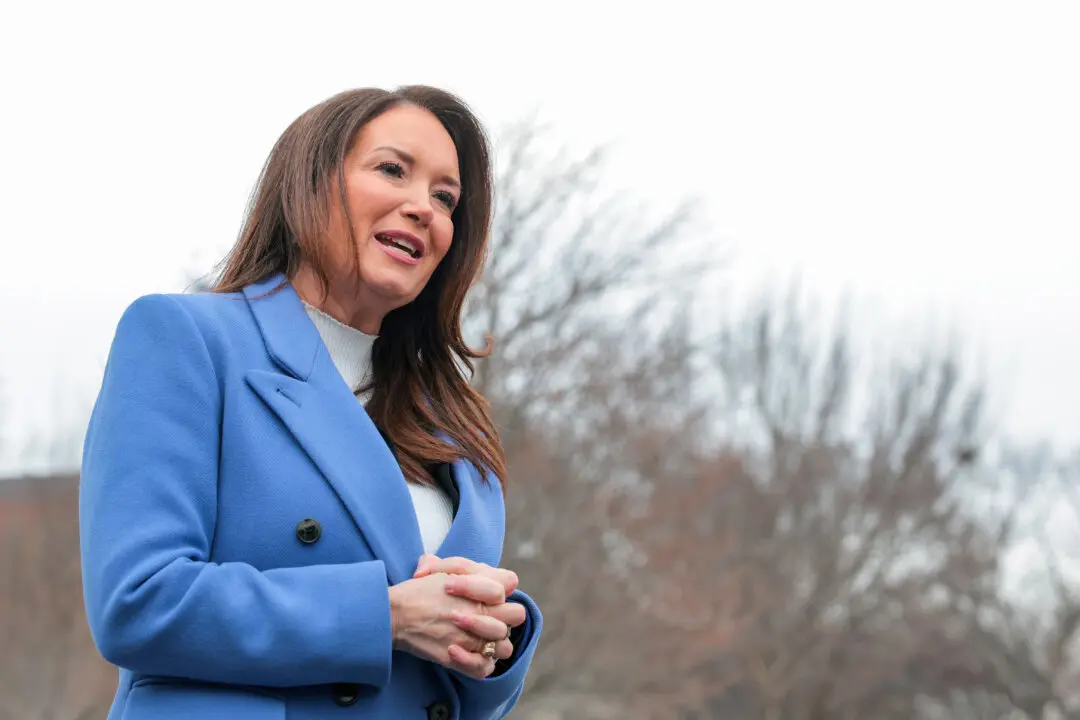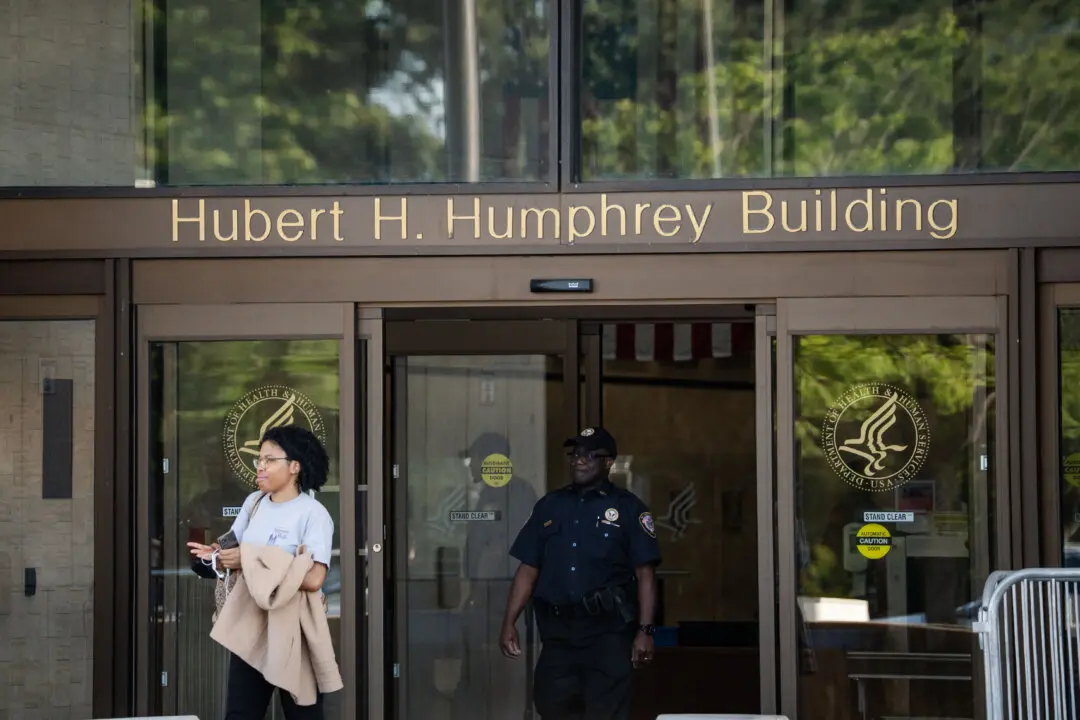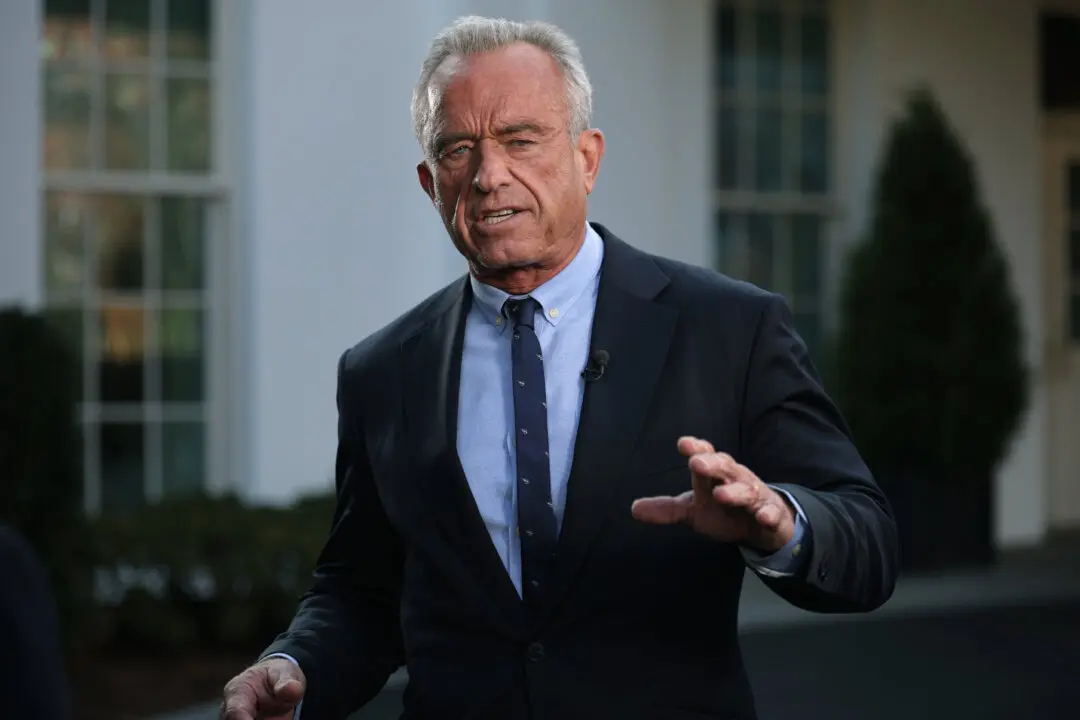A panel on May 24 unveiled its recommended new names for military facilities that were named in commemoration of the Confederacy and its leaders.
Fort Benning in Georgia should be renamed Fort Moore after Lt. Gen Hal Moore and his wife Julia, the Naming Commission said.





